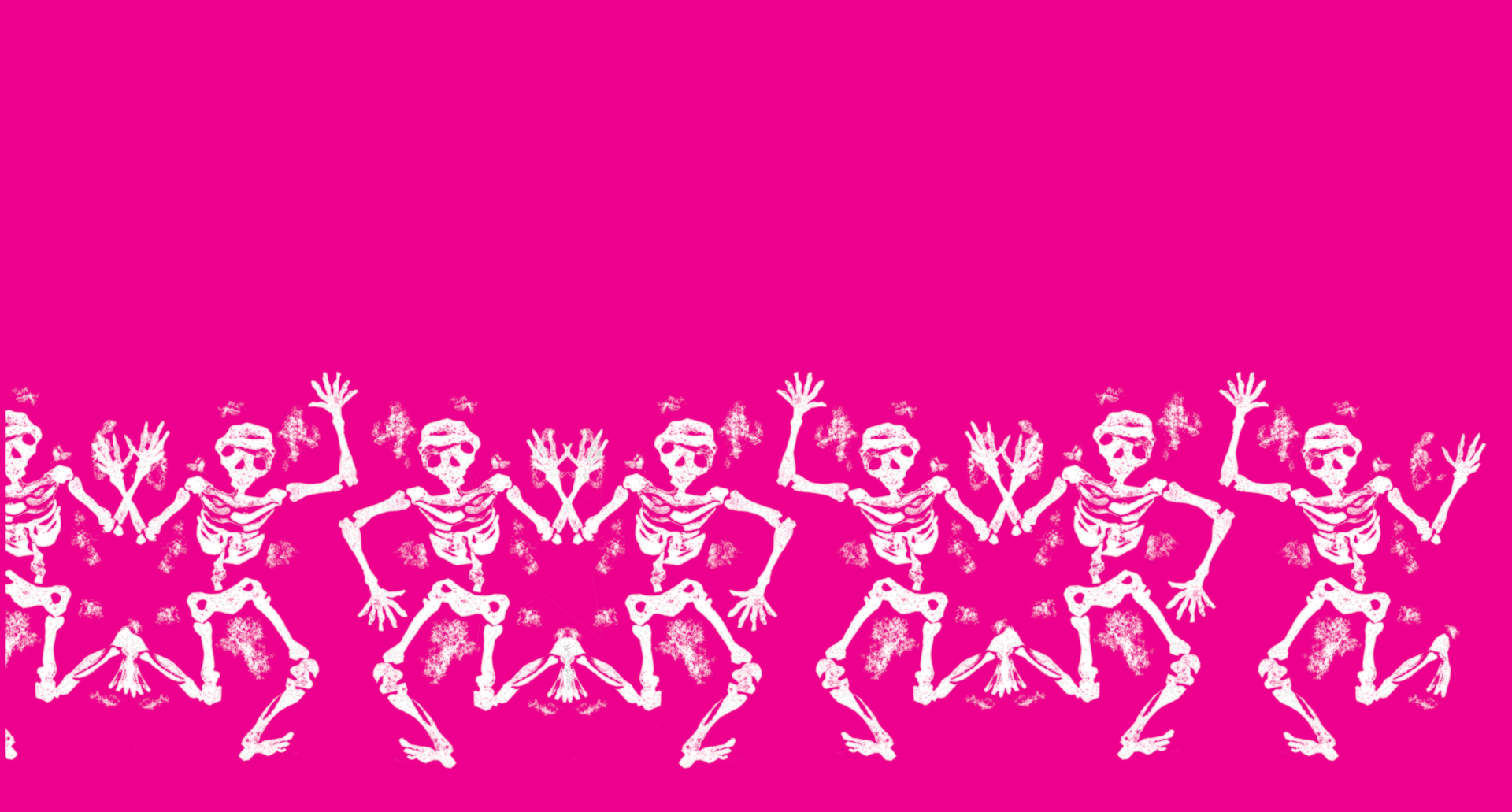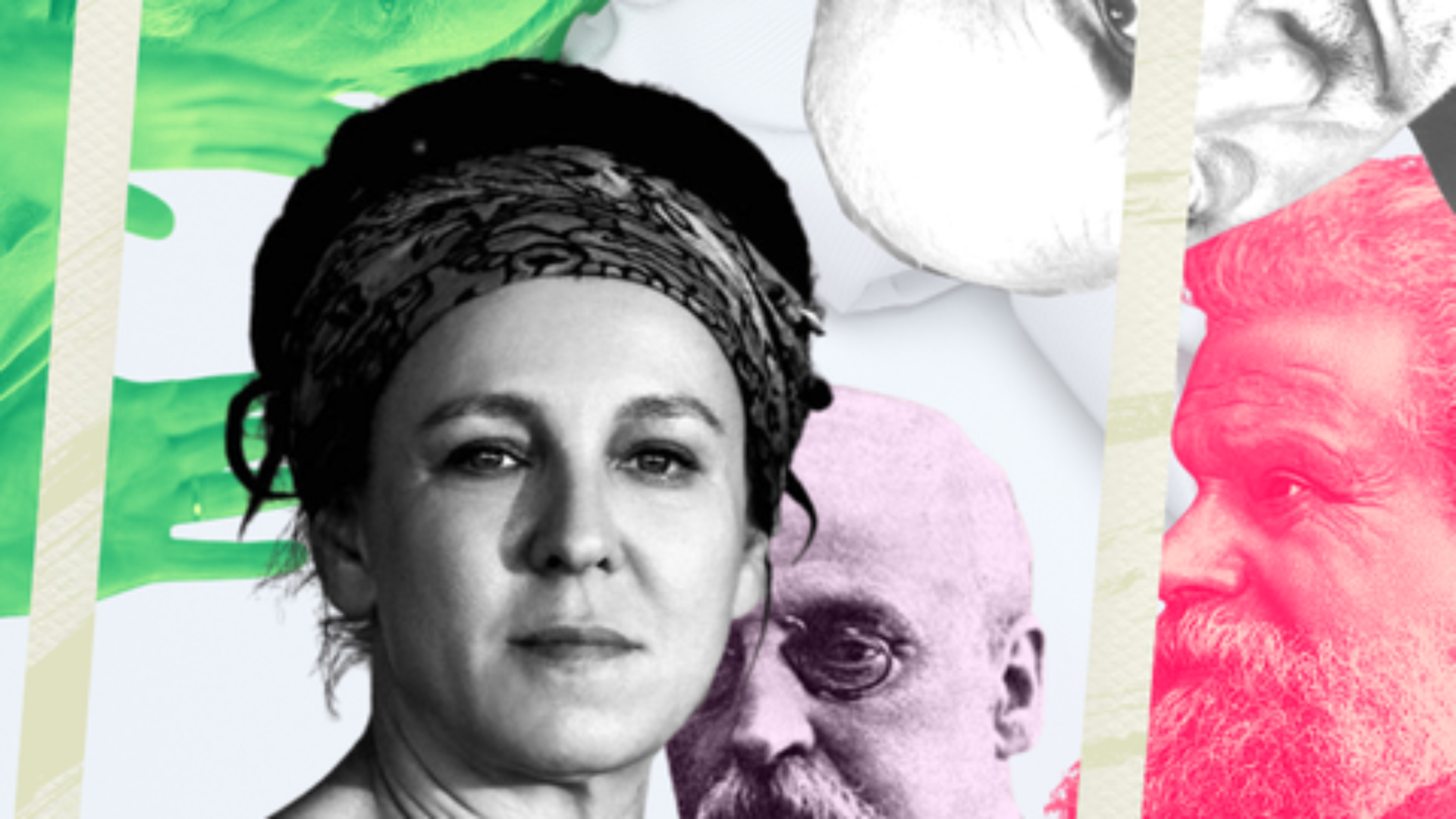„The Aristocracy of the Poor”, or Kazimiera Alberti’s narrative about the Rejected
The paper focuses on an undercurrent analysis of social problems present in almost all Kazimiera Alberti’s work written in an interwar period. A kind of “hierarchy” of people suffering from social, economic, ethnic and gender inequality is evident in Alberti’s works. This “hierarchy” could be considered as hell circles, although a gradation of pain and misery depends on a level of social rejection, not on committed sins. Alberti puts cultural and ethnic hybrids in the deepest circle of hell – those people are perceived as others/aliens (and often not as human beings) by both (or more) cultures/communities, they are “made” from.

